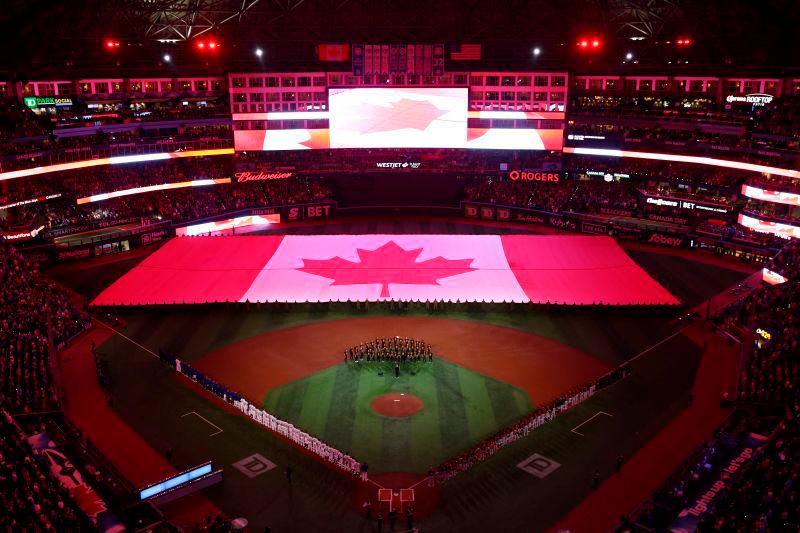NEW YORK: A Canadian mining firm seeking to become the first company allowed to excavate seabeds in international waters said Thursday it will seek US authorization in a move slammed by Greenpeace.
The Metals Company said the United States offered “the greatest probability of receiving a commercial permit” as negotiations over global regulations drag on.
Mining companies are pushing for the go-ahead to scrape vast sections of the Pacific Ocean for metals such as nickel and cobalt, which are used in electric car batteries.
But conservation groups fear this could devastate poorly understood marine systems that play a crucial role in regulating the climate.
The Metals Company invested more than half a billion dollars over the past 10 years to “understand and responsibly develop” mining in the Pacific and was “ready” to begin commercial operations, the firm’s CEO Gerard Barron told a conference call.
The decision to seek authorization under US law came after the “repeated failures” of the ISA to reach an agreement, he added.
The announcement comes as members of the Jamaica-based International Seabed Authority (ISA) debate a global mining code, which is more than a decade in the making.
The Metals Company announced in late 2024 that it would seek the world's first permit from the ISA on June 27, 2025, via its subsidiary Nauru Ocean Resources Inc (Nori).
The industry giant hopes to extract polymetallic nodules -- stone-like mineral deposits made up of prized metals -- from the Pacific seabed.
The UN Convention on the Law of the Sea gives the ISA responsibility for regulating extraction of the minerals that lie outside national marine borders.
But the body, which currently only awards exploration licenses, has been negotiating for more than 10 years over a mining code to regulate the sector.
An ongoing negotiating session in Kingston, Jamaica, has failed to produce any breakthroughs, faced with concerns from scientists, NGOs and a growing number of governments.
With no mining code in sight, any application The Mining Company submitted in June would fall into legal limbo.
The company, via its American subsidiary, will instead seek approval from the US National Oceanic and Atmospheric Administration (NOAA), under a 1980 law establishing US rules for international seabed exploitation, it said.
“This is another of TMC’s pathetic ploys and an insult to multilateralism,“ Louisa Casson, a global project leader at Greenpeace, told AFP.
“This action perpetuates the reckless race for resources, the consequences of which we know to be disastrous worldwide. The Pacific is not real estate to be bought, sold, or stolen.”
She said the move was an “insult” to Pacific nations Nauru and Tonga, which have been working with The Metals Company in the hope of starting deep-sea mining.
But the firm said it had discussed the plans with the presidents of both island states, and enjoys “excellent” relations with them.
“We continue to respect our agreements,“ said chief financial officer Craig Shesky, adding that discussions with sponsoring states would continue.
He said the firm was still considering details such as which US regulator it would apply to.
The United States is not a member of the ISA nor the UN Convention on the Law of the Sea.
The Metals Company has also indicated it will specify which areas it will include in its contract at a later date.









